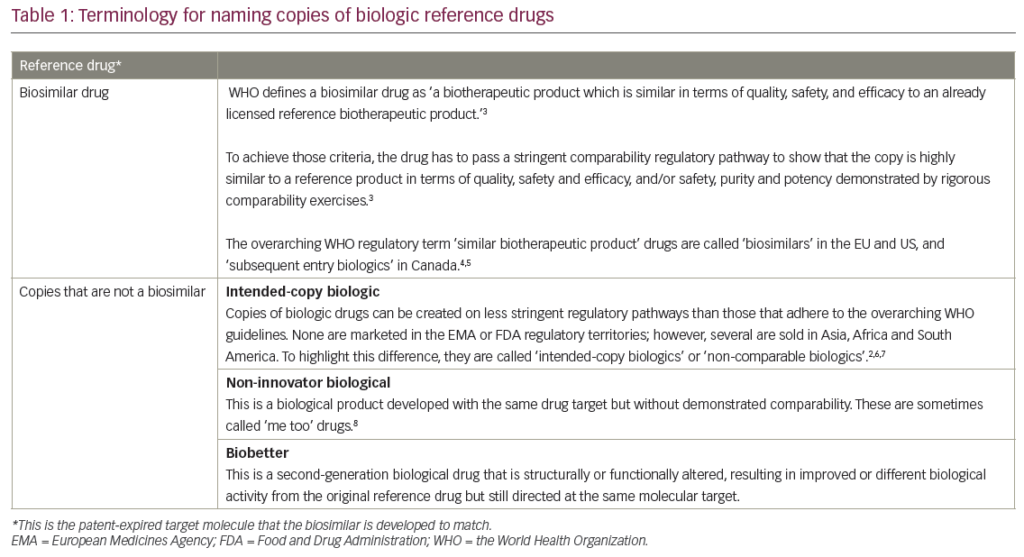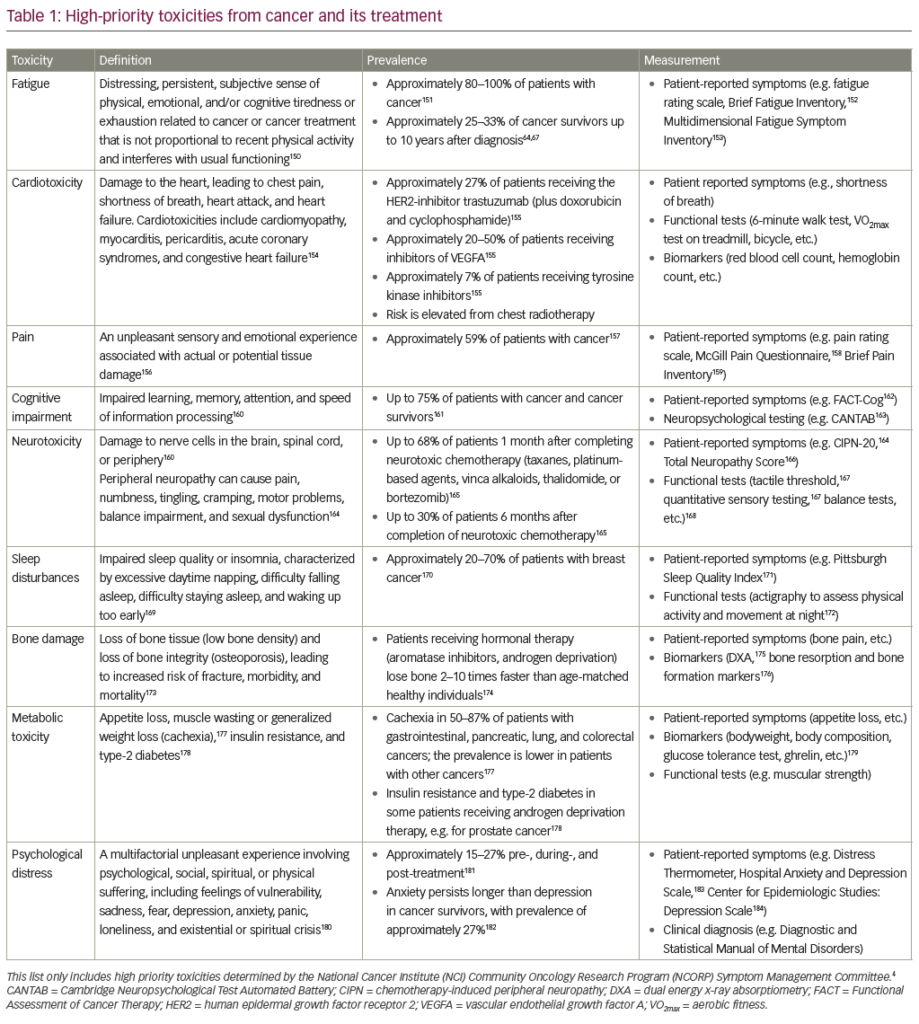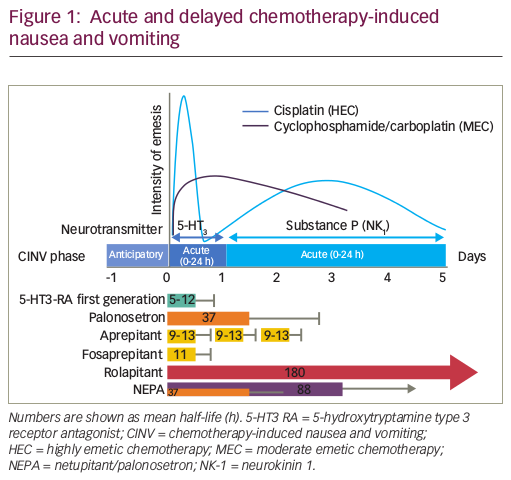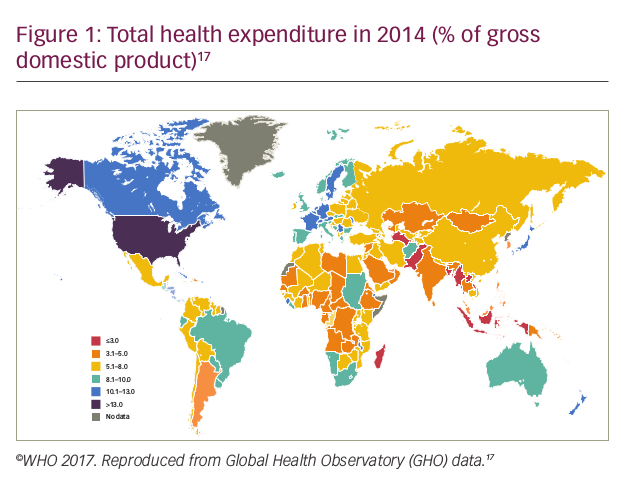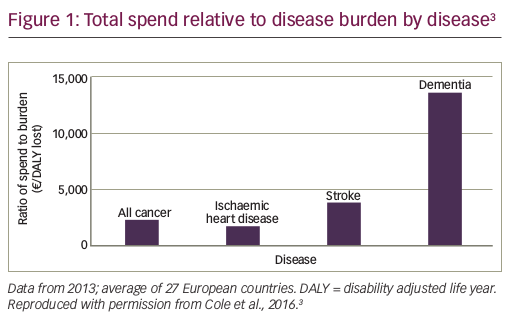The authors of the aforementioned article would like to make revisions to the labels in Figure 1 as shown below. The article has been corrected online.
My Learning
Login
Sign Up FREE
Register Register
Login
Trending Topic

14 mins
Trending Topic
Developed by Touch
Mark CompleteCompleted
BookmarkBookmarked
Manan Shah, Nicholas Yuhasz, Hannah Choe
NEW
Acute myeloid leukaemia (AML) is a heterogeneous haematologic cancer associated with clonal expansion of myeloid blasts in the bloodstream, bone marrow and other tissues. AML is associated with blasts expressing various complex molecular and cytogenetic alterations, which play an important role in disease prognostication. The median age of AML diagnosis is 67 years with nearly […]
touchREVIEWS in Oncology & Haematology. 2025;21(1):1–6:Online ahead of journal publication





